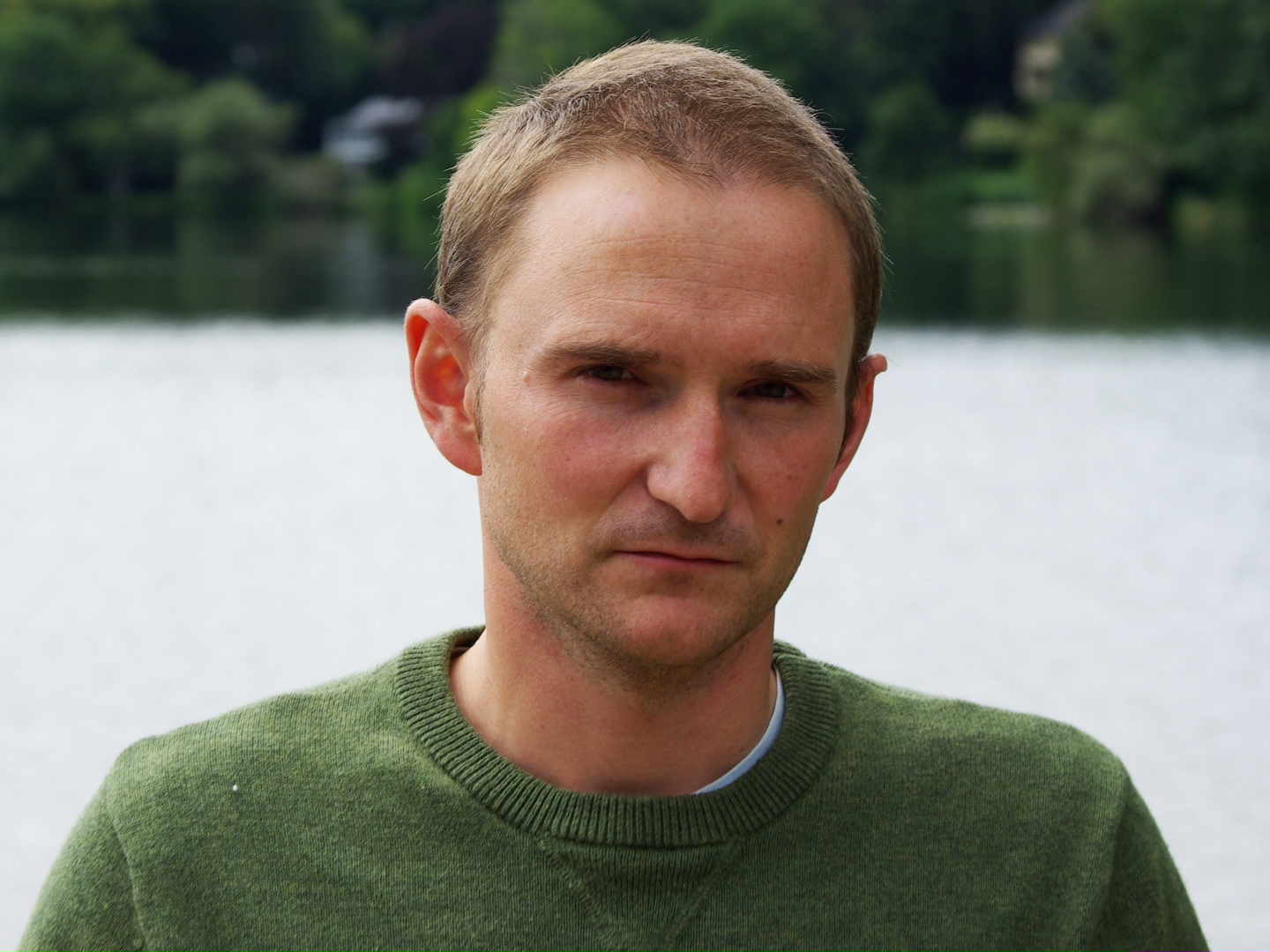Interviews

Name: Mark Matthews
Degree/Masters: B.A (1999) Ph.D. (2009)
Tell us a little bit about the MoodRhythm app that you recently developed.
I work in the area of mental health technologies, specialising in bipolar disorder which affects over 100,000 people in Ireland. I spend my time thinking about how technology can help people living with mental illness. MoodRhythm emerged from this thinking. It is based on the fact that biological rhythms guide our lives. The notion of a 'body clock' used to seem quaint, even mystical. But it has become the focus of international research and what is clear is that we each have unique biological clocks that tell us when we need to sleep, eat, wake, and have a significant impact on our physical and mental performance.
This is relevant for those with mood disorders, such as bipolar disorder, because unstable routines can lead to manic highs or depressive lows. MoodRhythm helps people establish stable routines. It uses smartphones and their sensors to track daily routines and to provide feedback to help maintain a regular rhythm. Myself and my team here in Cornell, along with our partners in Pittsburgh, won a major US award a few months ago which means I can put $100,000 toward furthering my research.
How important are biological rhythms to a person’s mental wellbeing?
Unstable daily rhythms are associated with many mental illnesses, but biological rhythms are also vital to our general health and overall wellbeing. Most of us live against our biological rhythms – we don't get enough sleep during the week and try to catch up, if we can, during the weekend. But living this way can have serious consequences not just for how you feel and how you perform but also for your overall health.
What role can new technologies such as smartphones play in helping people maintain a healthy lifestyle?
I believe that technology has the potential to radically transform our mental health. How we feel, think and act changes throughout the day. Yet the digital devices we use are ignorant of our biology. They respond uniformly to our touch and click. My work started by looking at how to measure mental wellbeing, but we can go beyond this to automatically detect how we feel in order to create technologies that are attuned to our biological needs and can support long-term mental health.
What are your plans for the future?
Mental health technologies are an emerging research area, and I'm lucky to be at the cutting edge of developments. I want to return to Ireland from Cornell University to develop a research centre that puts Trinity College in particular - and Ireland in general - on the way to leading a mental health revolution. High-impact, top-quality research is my goal, and I have no doubt that industry will be supportive in achieving this.
What is the most useful piece of advice you’ve ever received?
The most compelling advice that I received, and have since used many times, was from a colleague in Trinity at a significant crossroads in my career – she urged me to take the road that both excited and terrified me. Put succinctly (and less scarily): Never turn down an adventure.
What are your top 3 desert island discs (or books)?
If I’m allowed, I would like to bring one book, one disc and one game.
1. On the Nature of Things – Lucretius’ poetic guide to living a good life based on a scientific vision of the world.
2. Bone Machine - Tom Waits’ earth shattering album of doom and decay expressed through bone rattling percussion and growls that belie delicate melodies.
3. A badminton set and since I would presumably be on my own, I would also bring a wall to play against.
Who would you invite to your dream dinner party?
I’m not a big fan of sit-down dinner parties so (in my dreams at least) I would have a roving banquet with the following throng:
Emily Dickinson (she probably wouldn’t come), Ricky Jay (he would probably disappear at some point), Brian Sutton-Smith (he could bring some games), Lucretius (to ensure we don’t overindulge), Amy Goodman (for heated discussion), Gillian Welch (for musical amusement), Umberto Eco (for all things middle aged) and Orson Welles (for mischief making).

